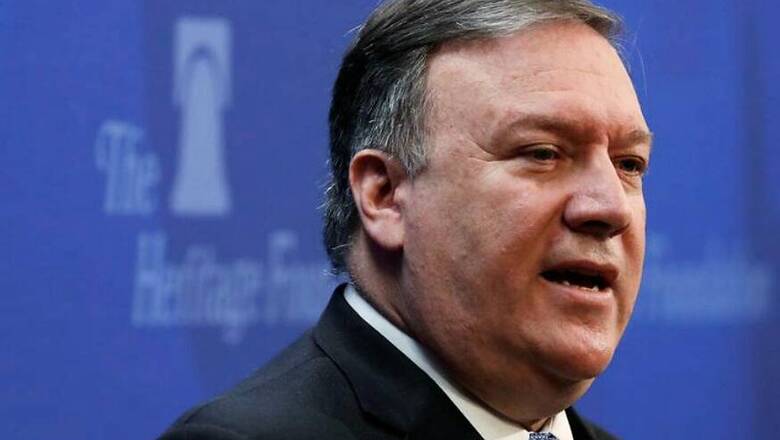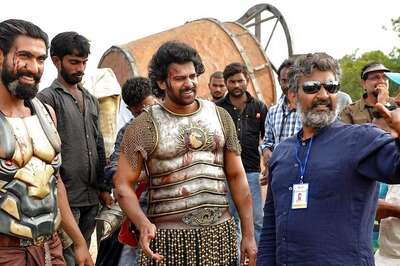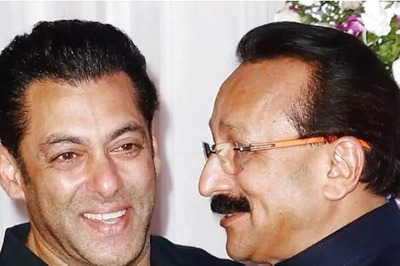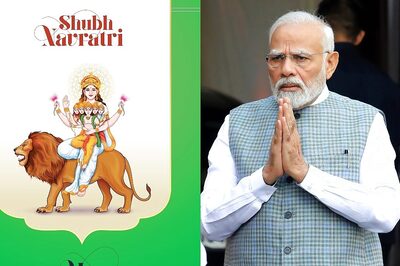
views
United Nations: US Secretary of State Mike Pompeo on Wednesday urged the United Nations to tighten restrictions on Iran's missiles, saying the Islamic republic had hundreds of projectiles that could strike US allies.
Pompeo headed to New York for a Security Council meeting on Iran, which recently confirmed a medium-range ballistic test, arguing it is legal and necessary for its defence. "We risk the security of our people if Iran continues stocking up on ballistic missiles," Pompeo told the Security Council. We risk escalation of conflict in the region if we fail to restore deterrence. And we convey to all other malign actors that they too can defy the Security Council with impunity if we do nothing," he said.
Iran has "hundreds of missiles which pose a threat to our partners in the region," Pompeo said, likely referring to Israel and Arab allies such as Saudi Arabia.
Pompeo said the United States would press to preserve a UN arms embargo on Iran due to expire in 2020. "We also call on the Council to establish inspection and interdiction measures, in ports and on the high seas, to thwart Iran's continuing efforts to circumvent existing arms restrictions," Pompeo said.
Pompeo has put a major focus on ramping up pressure on Iran, with President Donald Trump withdrawing from an international accord on curbing Tehran's nuclear program negotiated under his predecessor Barack Obama. He called for the reimposition of a ban on Iran developing missiles capable of delivering nuclear weapons as outlined under Security Council Resolution 1929 of 2010.
That resolution was superceded by Security Council Resolution 2231 backing the Iran nuclear accord, which also called upon Tehran to refrain from the sensitive missile work.
Iran has argued that its missile tests are not nuclear in nature and that it is defending itself against threats, noting that Western powers backed Saddam Hussein in the 1980-88 Iran-Iraq war.
European powers remain committed to the Iran accord and note that UN inspectors say Tehran has complied with terms on ending its nuclear program.
Karel van Oosterom, the Dutch ambassador to the United Nations, in a statement on behalf of eight European nations said that Iran's missile program was concerning but separate from the nuclear accord. "We call on Iran to refrain from such activities, which deepen mistrust and increase regional tensions and are in non-conformity with Resolution 2231," he told reporters.


















Comments
0 comment